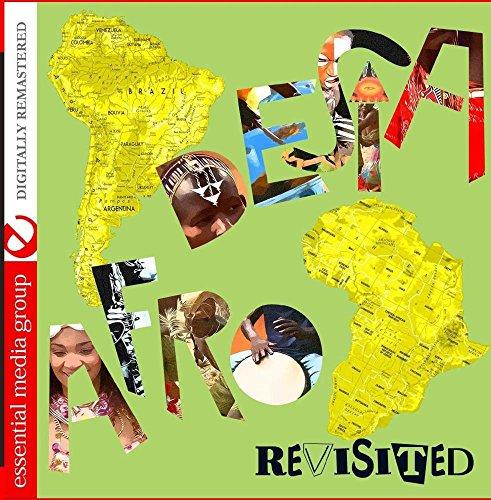
description
e rich in abundant and diverse species of mushrooms. Amateur mushroom collectors and mycologists alike will find over 300 species of the region's most common, distinctive, and ecologically important mushrooms profiled in this comprehensive field guide. It provides the most up-to-date science on the role of fungi in the natural world, methods to identify species, and locations of mushroom habitats. With excellent color illustrations showing top and side views of mushrooms of the Western States and a user-friendly text, it is informative but still light enough to be carried into the woods. When used to identify mushrooms, keys bring the reader to individual species, with a descriptive text providing cues for identifying additional species. Mushrooms common in urban landscapes are included, which is especially useful for the casual encounter with backyard fungi. The guide also provides a table of both old and new species names, and information on edibility and look-alikes, both dangerous and benign.
A section on mushroom arts and crafts features mushroom photography, painting, philately, spore prints, dyes, and cultivation. The guide also offers a comprehensive list of resources including national field guides, general mushroom books and periodicals, club and society contact information, and web sites.
- Primary descriptions and illustrations of 300 species of mushrooms plus text descriptions of many more.
- Latest word in mushroom taxonomy and nomenclature. Clear discussion of DNA sequencing and new classifications.
- Especially good coverage of southern California and Southwestern mushrooms often neglected in other field guides.
A section on mushroom arts and crafts features mushroom photography, painting, philately, spore prints, dyes, and cultivation. The guide also offers a comprehensive list of resources including national field guides, general mushroom books and periodicals, club and society contact information, and web sites.
- Primary descriptions and illustrations of 300 species of mushrooms plus text descriptions of many more.
- Latest word in mushroom taxonomy and nomenclature. Clear discussion of DNA sequencing and new classifications.
- Especially good coverage of southern California and Southwestern mushrooms often neglected in other field guides.
member goods
No member items were found under this heading.
Return Policy
All sales are final
Shipping
No special shipping considerations available.
Shipping fees determined at checkout.







